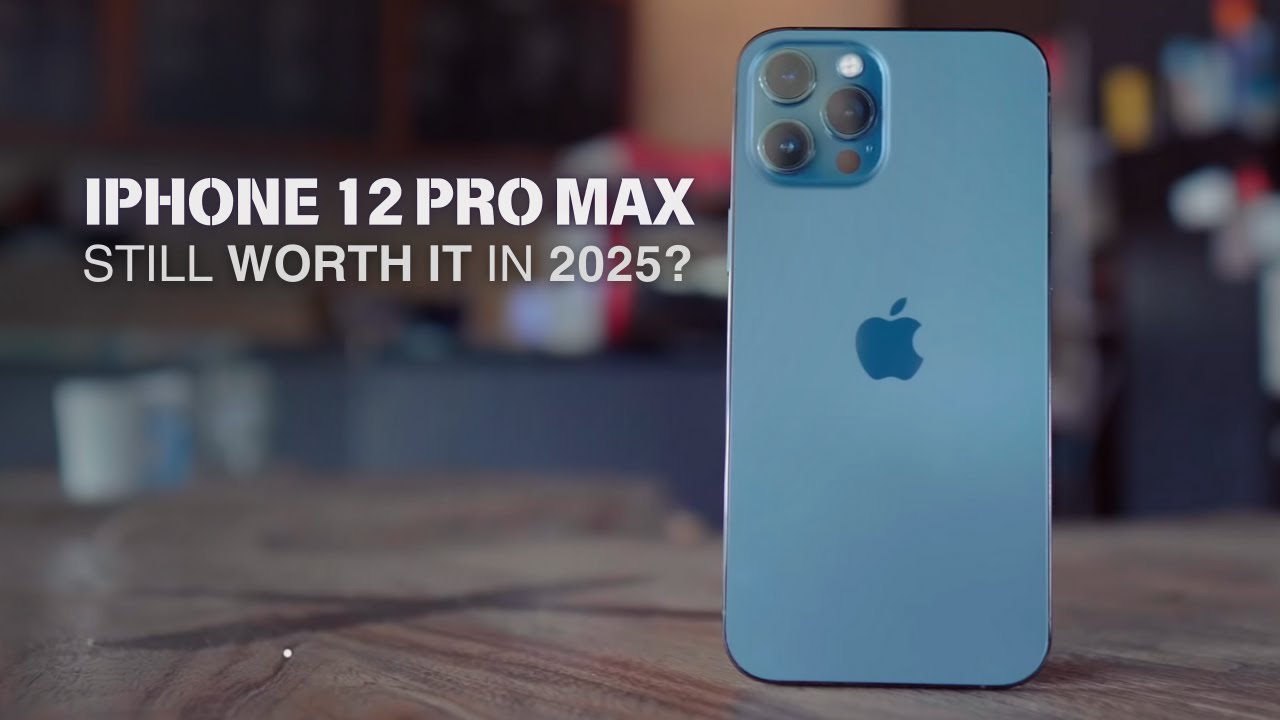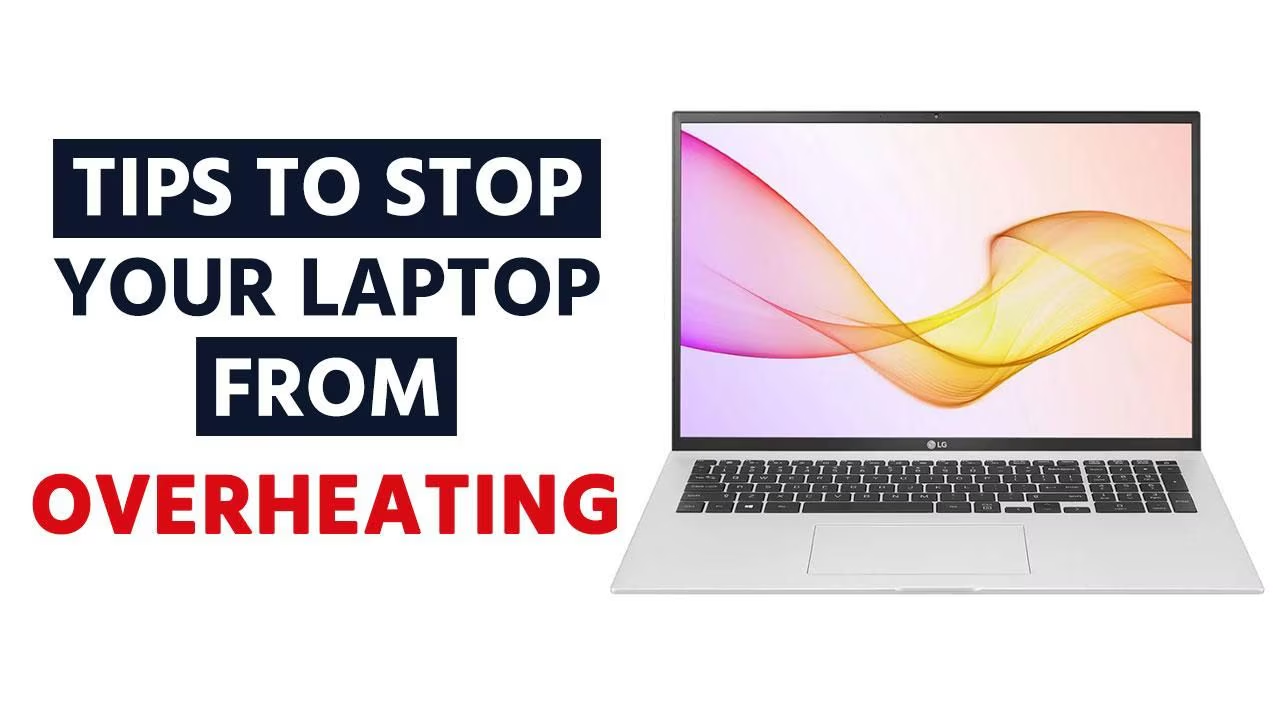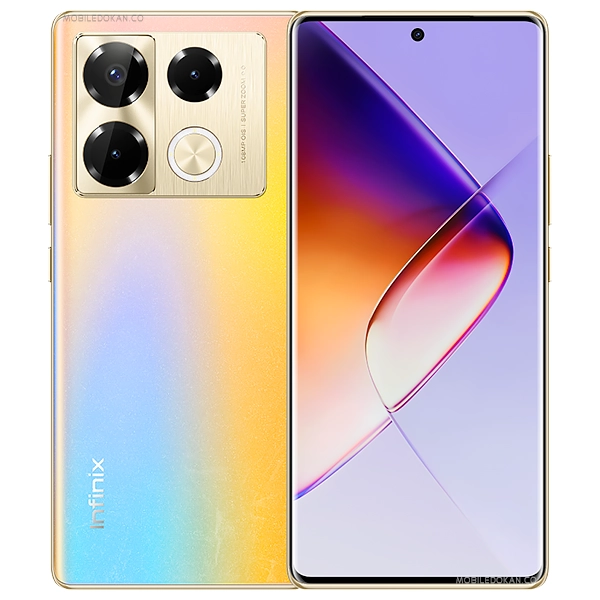10 Things You Need to Know About Meta’s Virtual Reality Social Network
The way we socialize online is rapidly evolving—and Meta is at the forefront of this digital revolution. Horizon Worlds, Meta’s immersive Virtual Reality social platform, has grown significantly since its launch, and in 2025, it’s not just gaining traction—it’s redefining how we connect.
Whether you’re a business owner, a tech enthusiast, or simply curious about the metaverse, here are the 10 most important things you need to know about Meta’s VR social network.
The Concept Behind Meta’s Horizon Worlds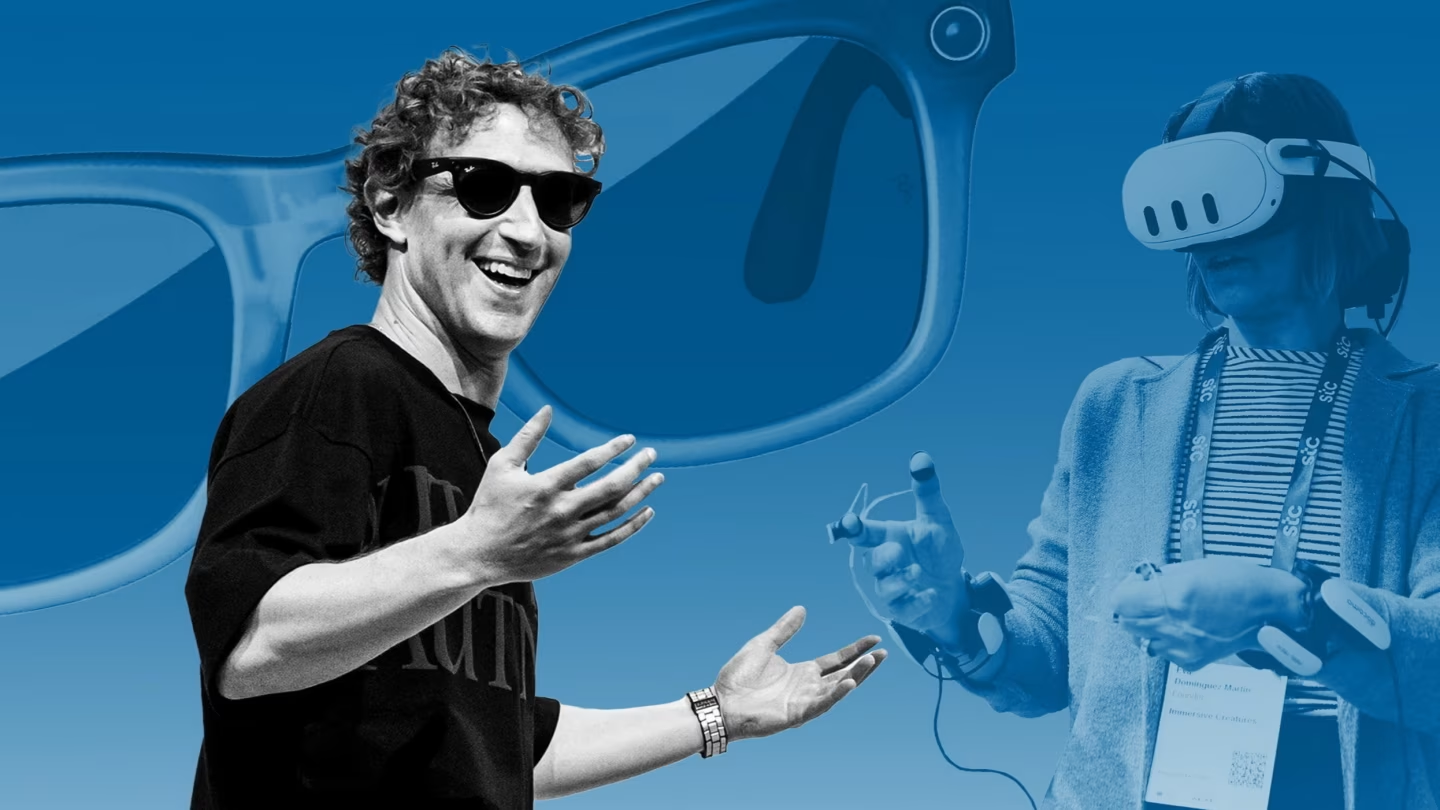
Meta’s Horizon Worlds is a virtual social network designed to create immersive experiences. Think of it as Facebook meets Roblox—but in 3D, with lifelike avatars and interactive environments. It’s part of Meta’s broader metaverse strategy, which includes investments in hardware like the Meta Quest 3, AI-driven interaction, and immersive world-building tools.
Meta has committed over $36 billion to the metaverse initiative since 2020. Horizon Worlds competes with platforms like VRChat and Rec Room but differentiates itself by focusing on high-fidelity interactions and seamless social experiences.
Read Also How to Stay Ahead of Social Media Marketing Trends in 2025
Thing 1: It’s More Than a Game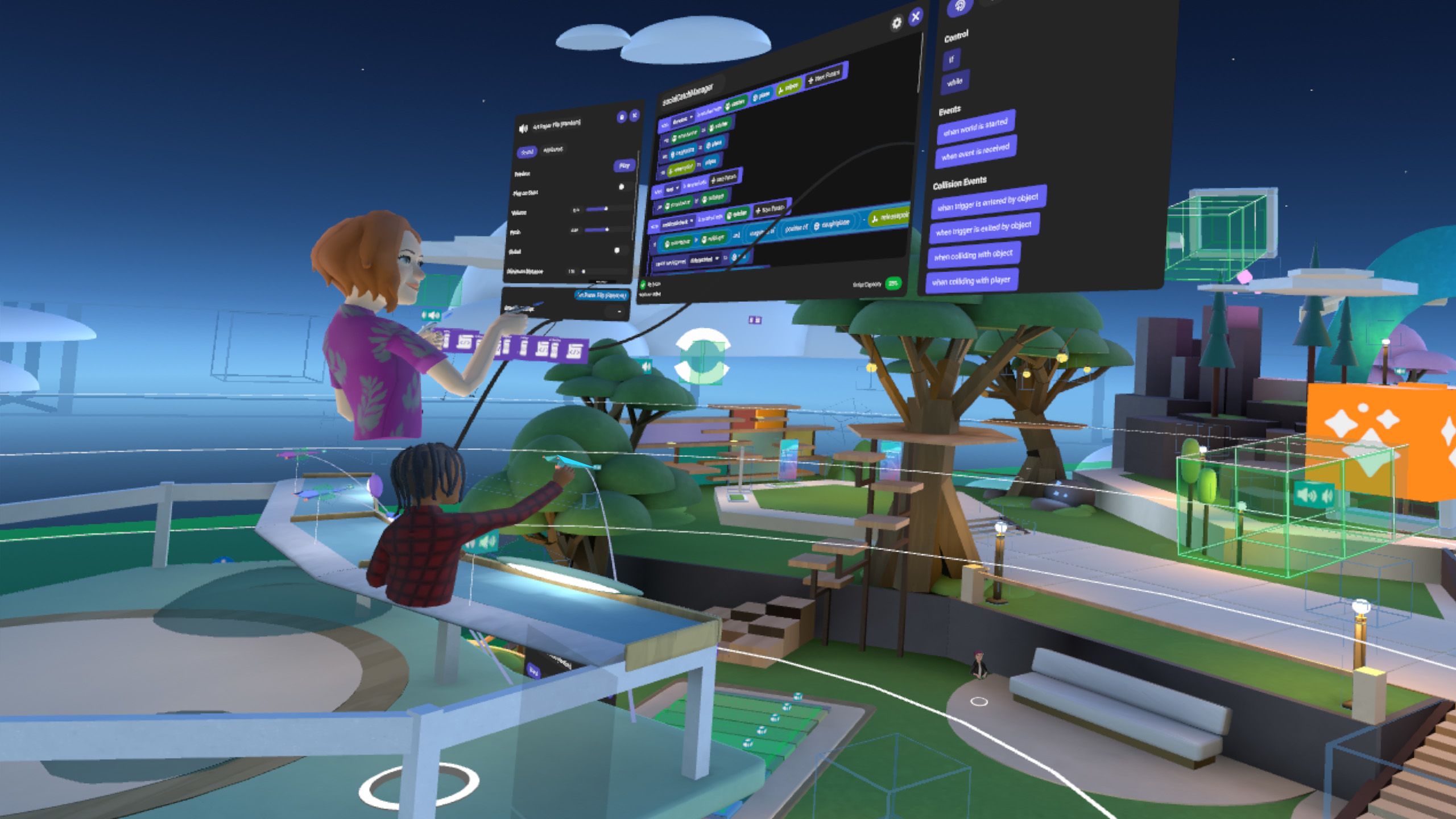
While Horizon Worlds features games, the core mission is social interaction. This is a platform where users build relationships, host events, or even conduct interviews. Virtual concerts, panel discussions, and open mic nights are everyday occurrences.
Users create avatars and step into 3D environments to socialize. These avatars are now capable of expressing gestures and emotions, making interactions feel more natural and engaging.
Thing 2: Custom Worlds Are the Norm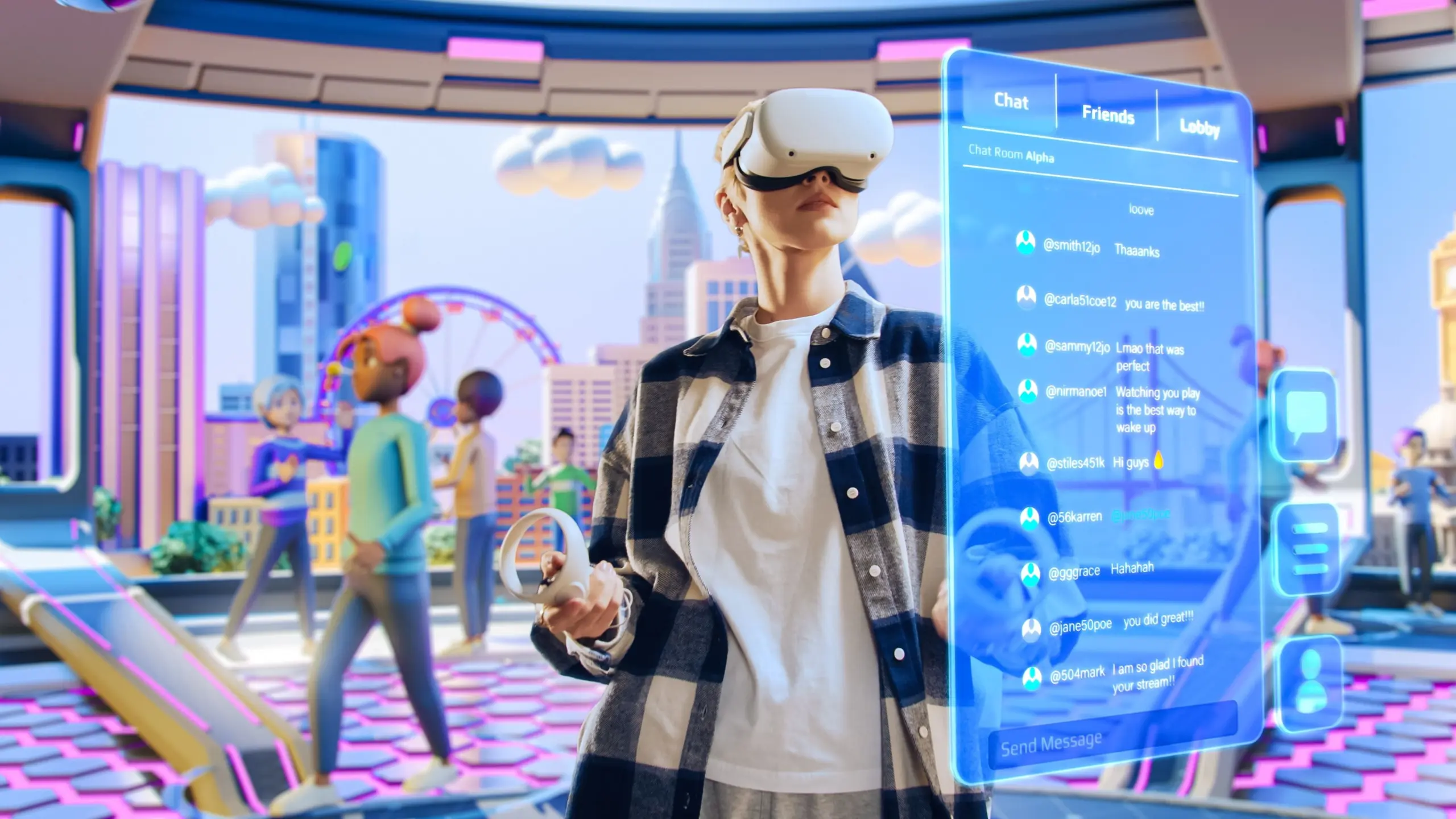
Users in Horizon Worlds can build their own virtual environments using Meta’s creator tools. From cozy hangouts to massive stadiums, the possibilities are endless. Developers also use Unity and scripting tools for deeper customization.
Businesses are leveraging these tools to create virtual storefronts, exhibition halls, and educational centers. In 2025, VR events have become more common than Zoom calls for product launches and networking.
Thing 3: Avatars Just Got Real![]()
Meta is leading the charge with its Codec Avatars—hyper-realistic, AI-powered digital representations of real people. These avatars capture facial movements, body posture, and even eye contact using the sensors in Meta’s VR headsets.
This realism makes interactions more emotionally resonant. You’re not just seeing a cartoon version of someone—you’re seeing a virtual you, complete with smirks, raised eyebrows, and all.
Read Also Top 10 Social Media Marketing Trends You Can’t Ignore in 2025
Thing 4: Work Meets Play in VR
With Meta Workrooms, remote collaboration enters a new realm. Imagine brainstorming with your team while writing on a virtual whiteboard, sitting in a 3D conference room, or reviewing 3D models together in real time.
These workspaces rival Microsoft’s Mesh and Zoom VR integrations, giving businesses multiple platforms to compare for productivity and user experience.
Thing 5: Creators Are Making Real Money
Horizon Worlds isn’t just about fun—it’s a legit revenue stream. Meta supports digital creators through monetization tools, allowing them to charge for experiences, sell virtual goods, and offer NFTs.
With the rise of digital commerce, artists are creating galleries, developers are launching escape rooms, and entrepreneurs are selling branded virtual merchandise. Meta’s Creator Monetization Fund further incentivizes innovation.
Big brands are diving into Horizon Worlds. Nike launched “Nikeland,” allowing users to play mini-games and interact with branded content. Gucci’s VR experience brought luxury fashion into virtual showrooms.
Marketing in VR is no longer experimental. It’s immersive, measurable, and often more effective than traditional digital ads.
Thing 7: Privacy Concerns and Digital Ethics`
The amount of data collected in VR—eye tracking, voice recognition, physical gestures—has sparked intense debate over privacy. Critics worry about surveillance and profiling.
Meta has introduced enhanced privacy settings, including personal boundary controls, session recording warnings, and age restrictions. Still, watchdog groups urge ongoing regulation and independent audits.
Thing 8: It’s a Learning Hub Too
Educational organizations are increasingly using Horizon Worlds for immersive learning. Medical students simulate surgeries, language learners practice in real-world scenarios, and schools build custom classrooms.
Meta has partnered with institutions like Arizona State University and nonprofits like VictoryXR to bring certified education into the metaverse.
Thing 9: Community Building Is Key
Virtual clubs and interest-based groups are thriving. From mental health support circles to game development meetups, these communities offer real value. Moderation tools and community guidelines help maintain a respectful atmosphere.
People report building lasting friendships and even professional relationships entirely within Horizon Worlds.
Thing 10: The Future Is Closer Than You Think
Meta is actively developing lighter, more comfortable headsets, AI-powered world-building tools, and mixed reality features that blend VR with physical space.
A mobile version of Horizon Worlds is in development, expected to bring the platform to a wider audience. Interoperability with other metaverse platforms is also on Meta’s roadmap.
Conclusion
Meta’s VR social network is transforming how we connect, work, and create. With advancements in avatar technology, monetization options, and immersive social interaction, Horizon Worlds is far more than a novelty—it’s a new paradigm for digital communication.
Whether you’re curious about the metaverse or planning your business’s VR strategy, now is the time to understand and engage with Horizon Worlds.
Read Also 7 Instagram Features You Didn’t Know Existed
Q1: Is Meta’s VR social network free to use? Yes, Horizon Worlds is currently free, but some custom experiences or content may include in-app purchases.
Q2: What equipment do I need to use Horizon Worlds? You need a Meta Quest 2 or Quest 3 headset, and a Meta account. A mobile version is in development.
Q3: Can businesses advertise in Horizon Worlds? Yes. Businesses can create branded worlds, host live events, and run targeted VR ad campaigns.
Q4: Is Horizon Worlds safe for younger users? It is officially for users aged 18 and over, but Meta is exploring safer, age-gated options for teens.
Q5: How can I earn income through Horizon Worlds? Creators can sell virtual items, charge entry to experiences, or receive funding through Meta’s Creator Monetization Fund.










